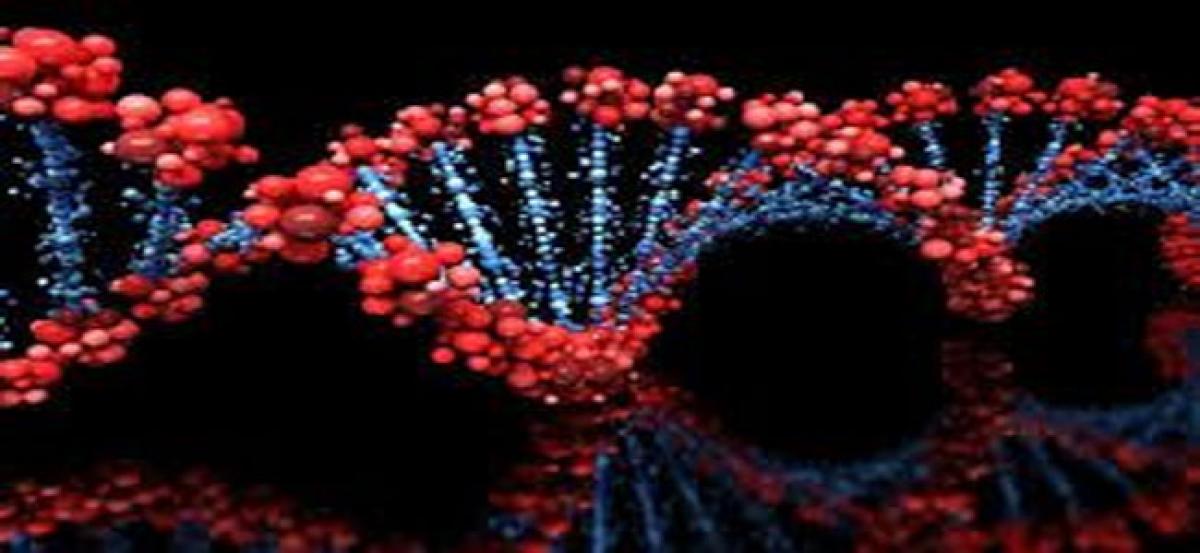Live
- Splendour marks Teppotsavam in Bhadrachalam
- Tirumala dazzles with colourful decorations
- Talpagiri temple decked up for Ekadasi
- 358th ‘Prakash Purab’ of Guru Gobind Singh to be held on Sunday
- IGP inspects police selections
- Triple-R displaced ryots hold protest
- TTD issues 1.2 lakh Vaikunta Dwara Darshan tokens
- TTD, police come under fire
- Guests from abroad lap up traditional Odia dishes
- Gurukul teacher appointments: SFI, Girijana Sangham demand inquiry
Just In

Researchers have identified three genes involved in brain development which may have contributed to the rapid evolution of the humans from other apes roughly three million years ago.
New York : Researchers have identified three genes involved in brain development which may have contributed to the rapid evolution of the humans from other apes roughly three million years ago. These genes, and others unique to humans, offer clues about what separates us from chimpanzees, said David Haussler from the University of California-Santa Cruz.
"Understanding ourselves and how we're different from other species has been a scientific quest for millennia. The findings help address the age-old question of what makes us human," he added in a paper reported in the journal Cell. About 6.5 million years ago, humans and chimpanzees diverged from a common ancestor. A few million years after that, the human brain's size began to grow.
Today, the human neocortex -- the wrinkly outer layer of the brain that gives humans our ability to think, plan, and reason -- is about three times larger than that of a chimp, but researchers haven't identified all the genetic factors responsible for the difference. Haussler and his team had been growing embryonic brain-like structures in the lab to look for differences between those made from humans and rhesus monkeys.
They discovered a promising candidate - a gene called NOTCH2NL, which controls vital decisions regarding when and how many neurons to make. "And there were three versions of it!" Haussler said. Genetic analysis of several primate species revealed that the three genes exist only in humans and their recent relatives, the Neanderthals and Denisovans, not in chimpanzees, gorillas, or orangutans. Moreover, the timing of these genes' emergence matches up with the period in the fossil record when our ancestors' craniums began to enlarge.
Together, the results suggest that NOTCH2NL genes played a role in beefing up human brain size, Haussler said. "Understanding the key to our greater cognitive abilities is a huge opportunity of our time," he noted.

© 2025 Hyderabad Media House Limited/The Hans India. All rights reserved. Powered by hocalwire.com







